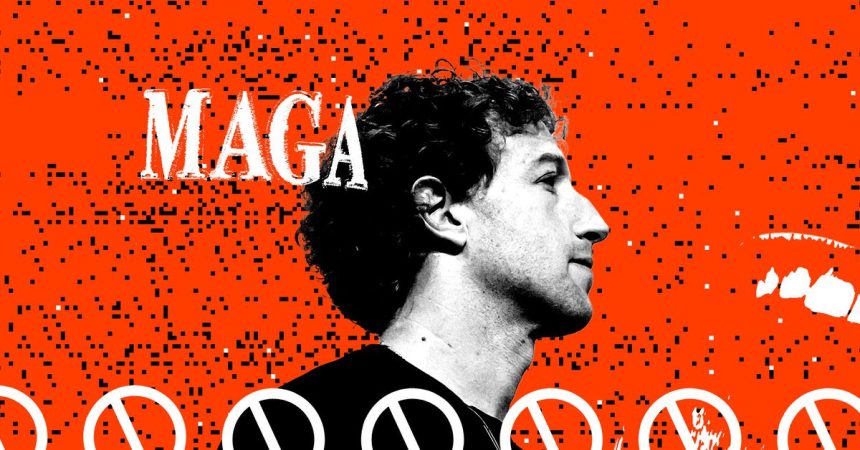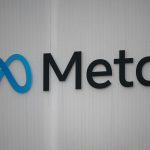Mark Zuckerberg’s interview on the Joe Rogan Experience was riddled with inaccuracies and omissions, strategically crafted to rewrite the narrative around Facebook’s content moderation practices. Zuckerberg presented himself as a champion of free speech, conveniently overlooking his past actions like FaceMash, which demonstrated a disregard for privacy and consent. He employed the flawed “fire in a crowded theater” analogy to misrepresent the First Amendment, setting the stage for a series of misrepresentations about Facebook’s relationship with the government.
Zuckerberg framed content moderation as “censorship,” claiming he was pressured by the Biden administration to suppress information about COVID-19, vaccines, Hunter Biden’s laptop, and the 2020 election. While vague on specifics, he downplayed the spread of misinformation on his platforms, despite past criticisms and his own company’s efforts to combat fake news. He conveniently omitted the significant pressure exerted by Republican lawmakers for years, pressure that documented internal communications reveal influenced Facebook’s moderation decisions.
Zuckerberg’s narrative conveniently shifted blame from his own choices to external forces. He portrayed himself as a victim of government overreach, complaining about pressure from the Biden administration to fact-check claims, while failing to acknowledge similar pressure during the Trump era and the sustained campaign by Republican officials to influence Facebook’s policies. He even offered up Apple as a new target for Republican ire, complaining about their business practices and seemingly deflecting attention from his own company’s controversies.
The interview strategically downplayed the documented influence of conservative pressure on Facebook. Zuckerberg conveniently omitted the years of relentless pressure from Republican figures who threatened him during Congressional hearings and demanded the reinstatement of accounts spreading misinformation. He sidestepped the fact that internal communications, released by Rep. Jim Jordan, revealed his own desire to blame the Biden administration for Facebook’s handling of the “lab leak” theory, a move ultimately discouraged by his advisors. This omission is a crucial piece of the puzzle, demonstrating a deliberate attempt to rewrite history and present a distorted image of Facebook’s relationship with the government.
While lamenting government “censorship,” Zuckerberg conveniently omitted any discussion of pressure from Trump and Republicans. He painted a picture of himself as a victim of a coordinated attack by the Biden administration and the “deep state,” conveniently ignoring the documented evidence of Republican influence on his decisions. This carefully constructed narrative allowed him to play the victim while simultaneously appeasing the very forces that had been pushing for less moderation and more “free expression” on his platform.
Ultimately, Zuckerberg’s interview was a calculated performance designed to rehabilitate his image and deflect blame. By portraying himself as a defender of free speech under attack by the government, he appealed to a specific audience, playing into existing political divisions. This strategy not only allowed him to downplay the role of conservative pressure in shaping Facebook’s policies but also positioned him as a potential ally in the ongoing culture wars. This carefully crafted narrative allowed him to appease influential figures while simultaneously presenting a distorted image of Facebook’s role in the spread of misinformation and political polarization.



